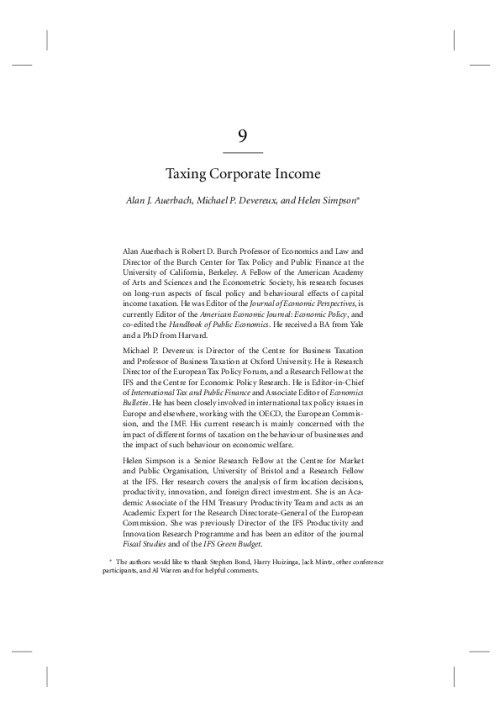The first wave of ELSA data collection concentrated on measuring income and wealth and contained only two very partial measures of household spending - housing costs and food expenditures. In wave 2, the questionnaire contained a more detailed set of questions on spending patterns and it is these we analyse here. It is important to note from the start that it is expenditure, not consumption, which is measured by the ELSA questionnaire (and indeed by related survey instruments such as the ONS Expenditure and Food Survey). Some forms of consumption services in any one particular time period can, of course, be obtained without associated spending in that period. This is the case for durable goods and housing, which both provide a flow of services to owners that negates the need for other expenditures in these dimensions. Consequently, we also include a complete discussion of durable ownership and replacement in what follows, although we make no effort to impute the levels of weekly consumption associated with these durables. This, along with the issue of housing, which is a topic in its own right, is left for future analysis.
Standard economic models state that it is consumption of goods and services that provides individuals or households with utility. For many households, consumption will not be equal to income, and hence the two measures may provide different pictures of economic well-being. The elderly population is a group for which this is particularly relevant for two reasons. First, the
'dissaving' of any financial wealth accumulated over their previous lifetime provides an opportunity to consume a higher level of goods and services than that allowed by their pension annuities or earned income alone. Second,
however, any uncertainties they might have about future needs (such as health care or long-term care costs) or even their remaining length of life may mean that people are unwilling to dissave so much, perhaps even consuming less than their pension income and choosing instead to add to their financial wealth.










